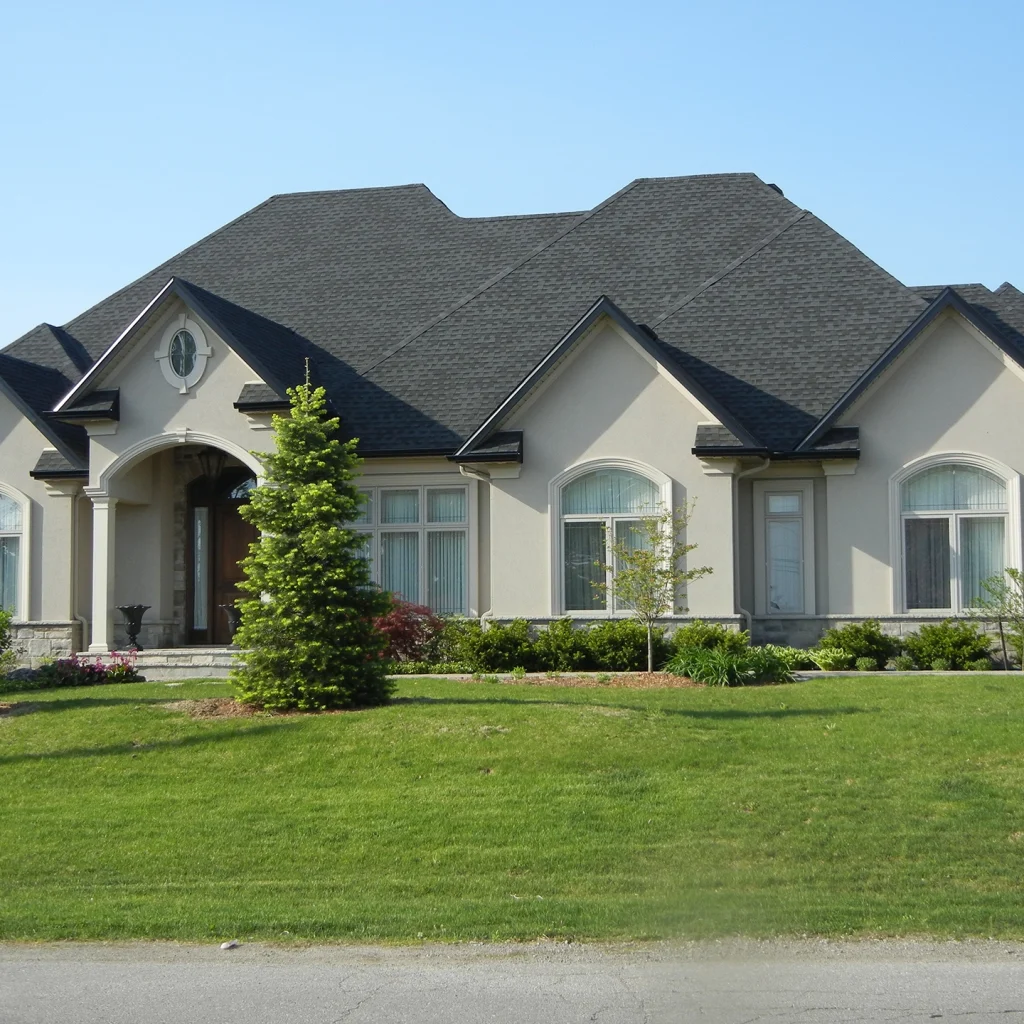
When considering a new roof for your home, it’s natural to have several questions. Below are some frequently asked questions (FAQs) and their answers to help you navigate the process:
1. How do I know if I need a new roof?
- Signs You Need a New Roof: Look for missing or cracked shingles, leaks, water stains on your ceiling, mold or moss growth, sagging roof sections, and a roof that’s over 20 years old.
2. What types of roofing materials are available?
- Common Roofing Materials:
- Asphalt Shingles: Durable, cost-effective, and available in many colors.
- Metal Roofing: Long-lasting, energy-efficient, and low maintenance.
- Tile Roofing: Attractive and durable but heavier and more expensive.
- Wood Shingles/Shakes: Natural appearance but requires more maintenance.
- Slate Roofing: Extremely durable and long-lasting but also expensive and heavy.
3. How much does a new roof cost?
- Cost Factors: The cost depends on the roofing material, the size and pitch of your roof, the complexity of the job, and your location. On average, a new roof can range from $5,000 to $15,000, but high-end materials and larger homes can increase this estimate.
4. How long does it take to install a new roof?
- Installation Timeline: Most residential roofing projects take 1 to 3 days to complete, depending on the size and complexity of the roof. Weather conditions can also affect the timeline.
5. Can I install a new roof over my old one?
- Overlay vs. Tear-Off: In some cases, you can install a new layer of shingles over an existing one, which is known as a “roof overlay.” However, it’s generally better to remove the old roof (tear-off) to inspect for any damage underneath and ensure proper installation.
6. How do I choose a reputable roofing contractor?
- Choosing a Contractor: Look for a licensed and insured contractor with good reviews and references. Ask for a detailed written estimate and warranty information. Ensure they have experience with the type of roofing material you choose.
7. What warranties are available for a new roof?
- Types of Warranties:
- Manufacturer’s Warranty: Covers defects in roofing materials.
- Workmanship Warranty: Covers installation errors. Length and coverage vary by contractor.
8. What should I do to prepare my home for roof installation?
- Preparation Steps:
- Clear the Area: Remove vehicles and outdoor furniture from around your home.
- Protect Belongings: Cover items in your attic and garage, as debris may fall.
- Secure Pets and Children: Ensure they are safe and away from the work area.
9. Will a new roof increase my home’s value?
- Impact on Home Value: A new roof can significantly increase your home’s curb appeal and market value. It can also improve energy efficiency, which is attractive to potential buyers.
10. How do I maintain my new roof?
- Roof Maintenance Tips:
- Regular Inspections: Check for damage after storms and annually.
- Clean Gutters: Keep gutters clear to prevent water damage.
- Remove Debris: Clear leaves, branches, and moss from your roof.
- Prompt Repairs: Address any issues immediately to avoid more significant problems.
11. What should I expect during the roofing process?
- Roofing Process Overview:
- Initial Consultation: Discuss your needs, materials, and get an estimate.
- Scheduling: Set a date for the project to begin.
- Installation: Contractors will remove the old roof, make necessary repairs, and install the new roof.
- Clean-Up: Contractors will clean up the site, removing debris and nails.
- Final Inspection: Ensure the work meets your expectations and all debris is cleared.
By addressing these common questions, you can approach your new roofing project with confidence, knowing what to expect and how to prepare. A new roof is a significant investment, and being well-informed will help you make the best decisions for your home.